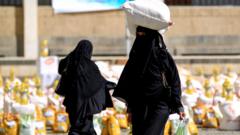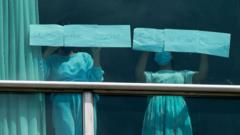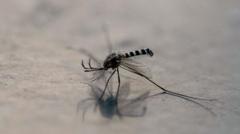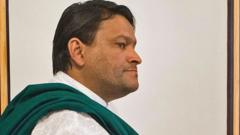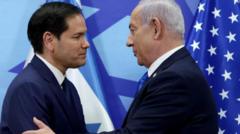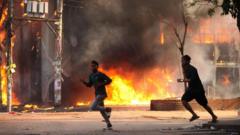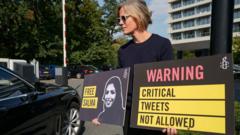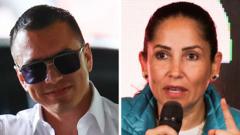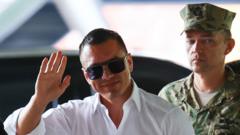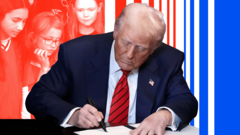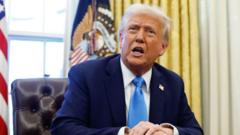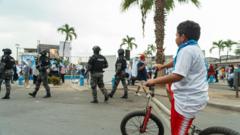In a historic Senate hearing, former Philippine President Rodrigo Duterte revealed he established a "death squad" to tackle crime, specifically during his tenure as mayor of Davao City. His testimony comes as part of a broader inquiry into the national drug war he championed after his ascension to the presidency in 2016.
Duterte Admits to 'Death Squad' Amid Controversial Drug War Investigations
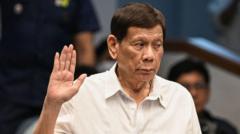
Duterte Admits to 'Death Squad' Amid Controversial Drug War Investigations
Former Philippine President Rodrigo Duterte acknowledges maintaining a "death squad" to enforce his drug war policies during his mayoralty, stoking intense debate over his actions and their implications.
Duterte candidly stated, "I hate drugs, make no mistake about it," in a bid to justify his actions and policies. He described the squad he created as composed of gangsters, not police, asserting that he pressured them to carry out killings, instilling fear by saying, "kill this person, because if you do not, I will kill you now."
The former president insisted that while the squad executed those involved in the narcotics trade, he did not authorize police chiefs to kill. This admission follows a widely criticized drug war that has left thousands dead, with human rights organizations estimating the true death toll to be significantly higher than the government’s official figures.
During his testimony, Duterte faced criticism from the families of victims and opponents, including former Senator Leila de Lima, who has been a longstanding critic of his policies. Duterte's admission has intensified discussions on state-sponsored violence, human rights abuses, and the implications of his drug war.
As the International Criminal Court continues to investigate the situation, Duterte remained unrepentant, stating any regimen he enforced was for the betterment of the country. "Do not question my policies because I offer no apologies, no excuses," he asserted, adding that previous criminals had resumed their activities since his departure from office.
The complexity of his drug war, while receiving substantial domestic support due to high drug usage, has also been met with international condemnation, leading to stark divides in public opinion regarding its effectiveness versus its moral cost.
The hearing underscores the ongoing challenges faced by the Philippines as it navigates the legacy of Duterte's controversial governance and its impact on civil rights and public safety.
The former president insisted that while the squad executed those involved in the narcotics trade, he did not authorize police chiefs to kill. This admission follows a widely criticized drug war that has left thousands dead, with human rights organizations estimating the true death toll to be significantly higher than the government’s official figures.
During his testimony, Duterte faced criticism from the families of victims and opponents, including former Senator Leila de Lima, who has been a longstanding critic of his policies. Duterte's admission has intensified discussions on state-sponsored violence, human rights abuses, and the implications of his drug war.
As the International Criminal Court continues to investigate the situation, Duterte remained unrepentant, stating any regimen he enforced was for the betterment of the country. "Do not question my policies because I offer no apologies, no excuses," he asserted, adding that previous criminals had resumed their activities since his departure from office.
The complexity of his drug war, while receiving substantial domestic support due to high drug usage, has also been met with international condemnation, leading to stark divides in public opinion regarding its effectiveness versus its moral cost.
The hearing underscores the ongoing challenges faced by the Philippines as it navigates the legacy of Duterte's controversial governance and its impact on civil rights and public safety.

